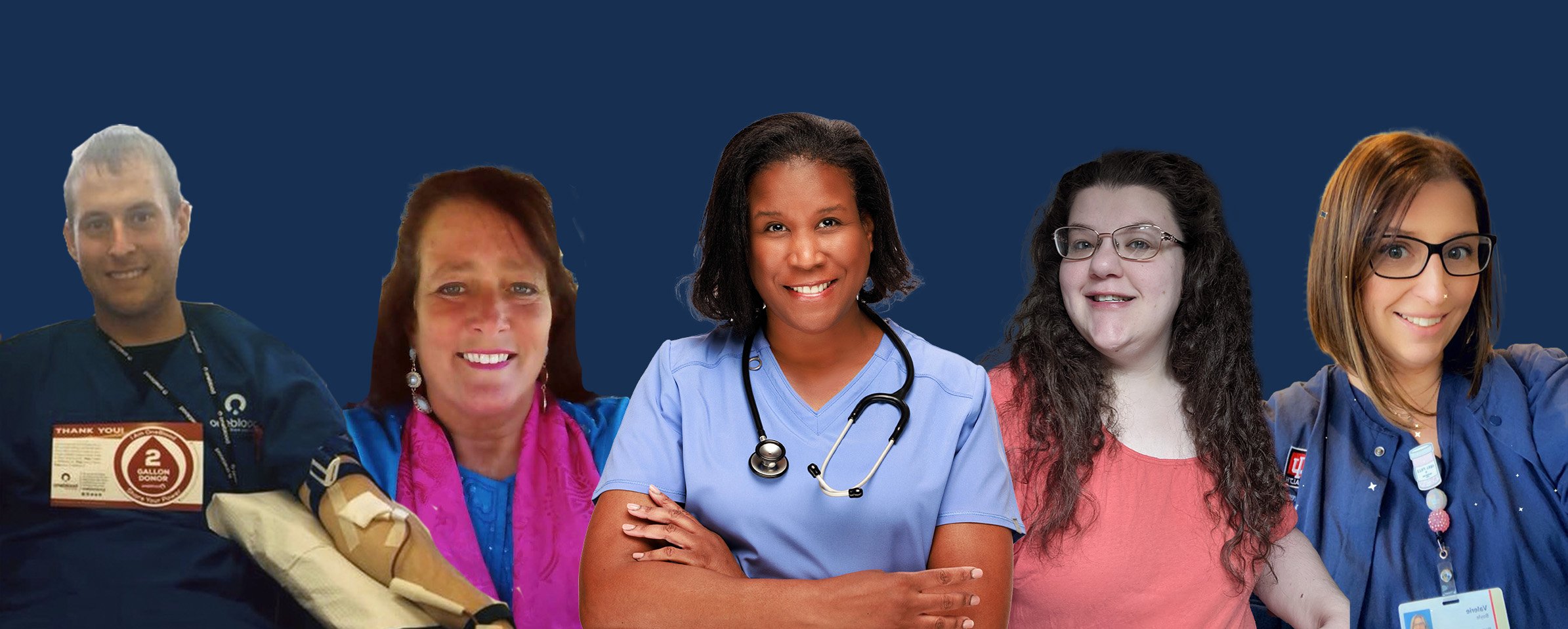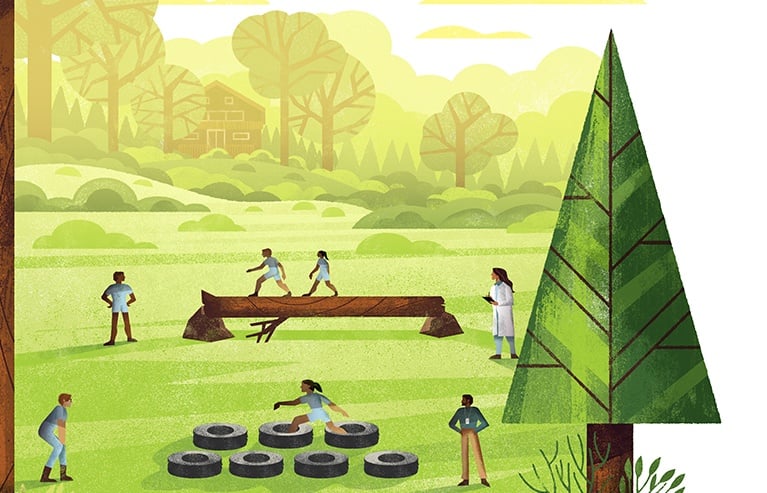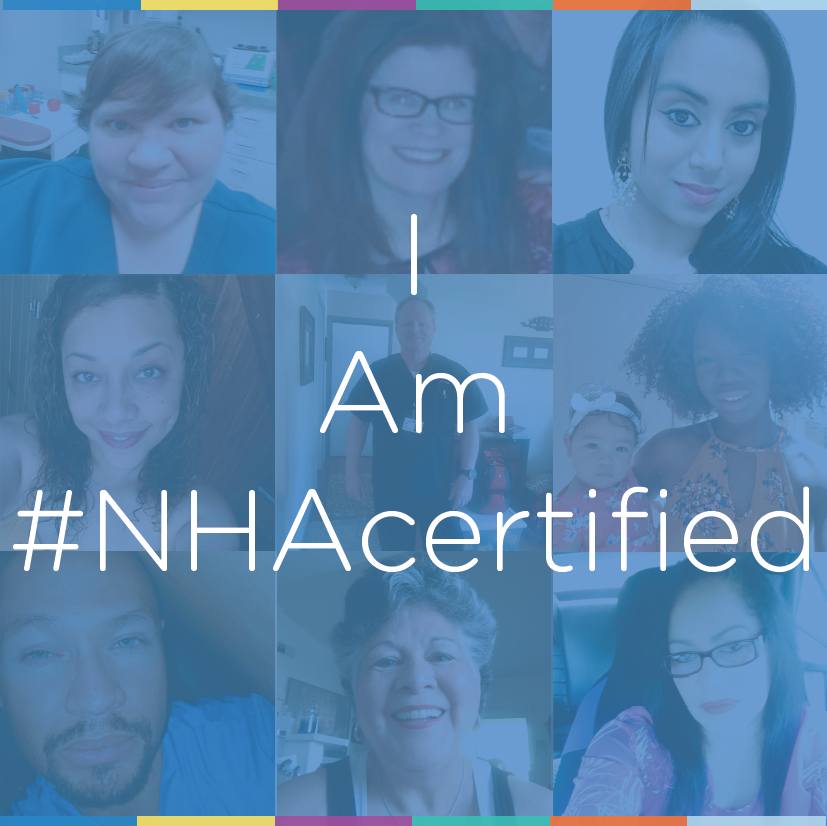Allied Health Week is a time to celebrate and acknowledge the dedicated efforts of the thousands of healthcare professionals who work diligently to ensure the well-being of patients. From medical assistants, phlebotomists, EHR and pharmacy technicians to medical administrative assistants, billing and coding specialists, EKG technicians, and patient care technicians, these individuals play a pivotal role in the delivery of quality healthcare.
Article originally featured in access™ 2018, volume II
Contributors: Beth Brown, CTE Advisor
Masud Shamsid-Deen, Executive Director of CTE
Hospital Partnership Propels Success
Career & Technical Education (CTE) in high schools is gaining momentum, and it’s easy to see why. It’s been proven to reduce dropout rates, increase graduation rates and even increase the likelihood of graduates going on to further their education after high school.*
Plus, the demand for healthcare continues to rise. Getting students career-ready earlier can help students gain employment upon graduation. And if they want to further their education, that job not only can help support their tuition, but can also give them real-world healthcare experience to help them on their career journey.
There’s no arguing that CTE works, and that health science in high schools is needed. But what makes a health science program successful?
Article originally featured in access™ 2018, volume II
Contributor: Collie Wells, Interim Deputy State Superintendent of Education, Career and Technical Education/Workforce Development Division
When the Alabama Department of Education set out to improve their CTE programming, they started with research, gaining insights from business and industry to determine what employers are looking for or lacking in potential candidates.
“We want to make sure that students who exit secondary career tech programs are actually prepared with skills that are going to help them get employed,” says Collie Wells, Interim Deputy State Superintendent of Education, Career and Technical Education/Workforce Development Division. “We started having lots of conversations with business and industry throughout the state to find out, ‘What do you really need from potential employees? What are you missing? What are they lacking?’”
Article originally featured in access™ 2018, volume II
Contributors: Robert Curran, D.C.,
Hannah Weinstock, Executive Director Workforce Development
Division of Adult and Continuing Education, LaGuardia Community College
The wild success of a new program piloted by LaGuardia Community College and its partners — NYC Department of Small Business Services and the Washington Heights Workforce1 Career Center — is catching the attention of employers, students and medical assistant education programs throughout the country.
A total of 40 immigrant New Yorkers graduated from LaGuardia’s first English Language Learners Medical Assistant Training Program* with an astounding 100% pass rate on not just one, but three NHA exams — for medical assisting, phlebotomy and EKG.
February is CTE Month®, a time to bring recognition and awareness to the impact Career and Technical Education has on the lives of so many hospitals, patients, teachers and students, like Omar.
February is CTE (Career and Technical Education) Month®, a time to celebrate the achievements of CTE professionals and programs throughout the country.
Are you one of the 700 million Instagram users? Well, so are we!
Introducing the new NHA Instagram account: @IamNHAcertified, dedicated to sharing real stories from NHA certified professionals.
People like Gerri Henry, CCMA:
During CTE, Career and Technical Education, awareness month we are sharing some of the exciting successes that #NHAcertified students and professionals have had during and after their CTE run program.
From a college student making waves to a woman who changed her life with the help of friends and educators, get ready to be inspired by three incredible stories of certified success!








